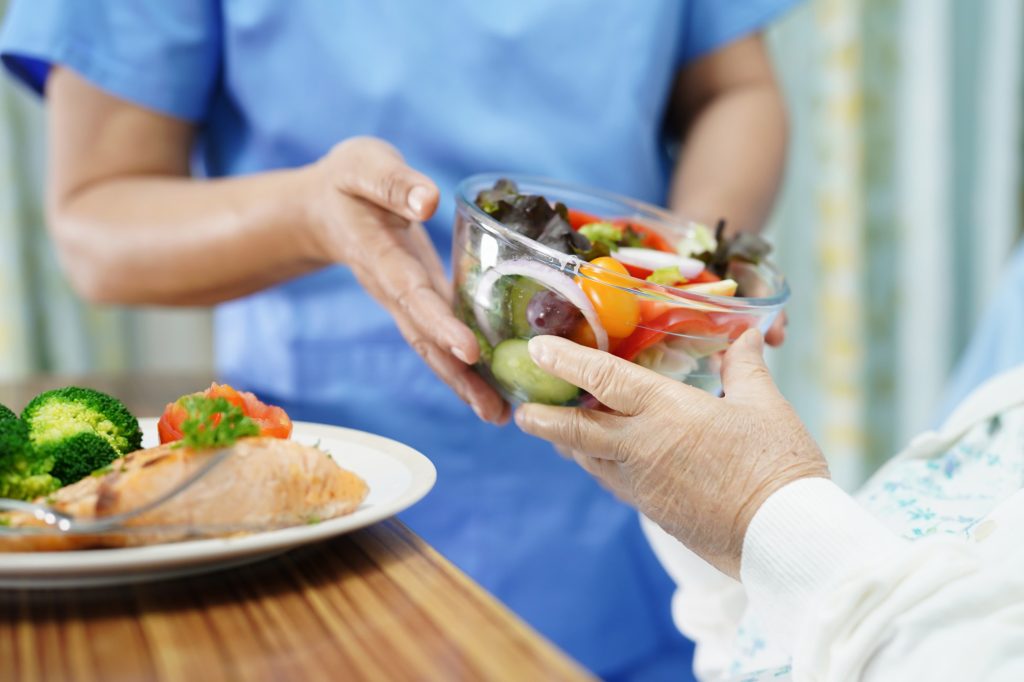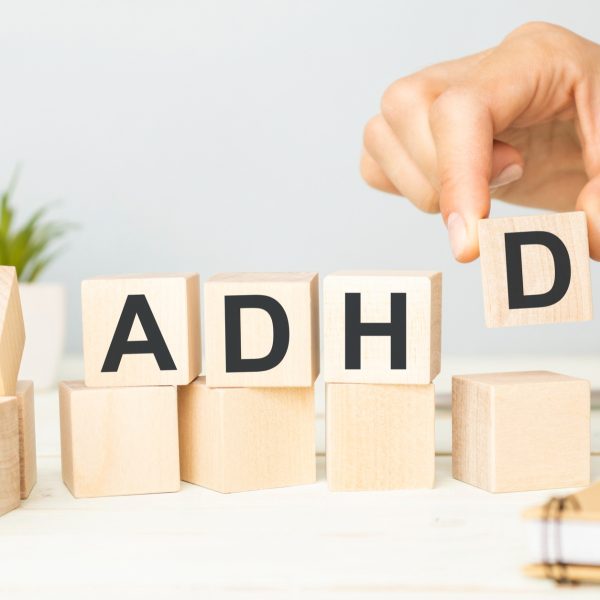Having a healthy nutritious diet can be a game changer for a person with ADHD. However, choosing the correct diet, and following the instructions can become confusing and overwhelming, for both parents who have children with ADHD, and adults who have ADHD.
Don’t be your own Dietician
First and foremost, consult a medical professional, or someone who is equipped with the skills and qualifications to help you figure out, your nutritional needs. Only a professional would be able to tell you if you are sensitive to certain ingredients. For instance, some children with ADHD have shown sensitivity to the level of salicylate in their food, they could be allergic to milk, soy, legumes or tomatoes, grapes, etc. The point is, such peculiarities can only be pointed out by a trained professional, thus it is important, you get in touch with one.
Once you do that, all you have to do is figure out how to execute that plan without getting overwhelmed.
Foods to avoid and food to include
Given that you are seeing a professional, here is a list of foods that should be consumed and avoided if you have ADHD. Again, this can vary slightly, on the basis of your symptoms.
Foods to include in your diet actively:
- Complex Carbohydrates: Food such whole wheat bread and pastas, vegetables etc, can make you feel full for longer, and help fight cravings of junk or sugar rich foods.
- Protein rich foods: Food that is rich in protein can help you maintain your brain health and may also produce neurotransmitters.
- Vitamins and Minerals : Including foods that are rich in iron, zinc, magnesium and other such vitamins can improve your symptoms significantly. They will also help you manage your overall health, considering the fact that ADHD has a number of comorbidities attached to it
Research have pointed out that a nutritious diet that includes fish, fruits and vegetables, micronutrients like zinc, magnesium, and phytochemicals appears to reduce the risk of ADHD by 37%.
Foods to avoid in your diet :
- Sugar: Blood glucose spikes and crashes can be brought on by eating sugary meals, which can impact energy levels.This can lead to more aggressive displays of hyperactivity
- Caffeine: In general caffeine can increase anxiety in people, add that to the symptoms of ADHD, and it can make it very difficult for people to deal with external stimuli. More so, caffeine may react poorly with medicines prescribed for ADHD.
- Processed Food : Highly processed food or packaged food is less rich in nutrients and can render a harmful effect on a person with ADHD. Consumption of junk food has been shown to aggravate the symptoms of ADHD by 51%.
Tips to make Nutrition Easier :

Following a diet is something we all struggle with, add to that the symptoms of ADHD, and it has a healthy eating routine, which sound next to impossible. But it doesn’t have to be!
Here are a few tips that can help you maintain a healthy diet while managing the symptoms of ADHD:
- Keep it organized: The more organized the better! People with ADHD are prone to inattention, they may follow a chain of thoughts, abandon that, pick another one, and so on, and so forth. Thus following an organized chart of meals takes away the burden of making a decision every time.
- Meal Prep: Under the same head of the organization, comes meal prep. Meal prep is essentially preparing the meal of the day or a few days in advance. This is particularly useful for working adults with ADHD. this way you are less likely to skip meals and have a healthy meal on time. However, do keep in mind, that meal prep should not turn into you eating old, soggy food!
- Simplicity is key: Following instructions can be difficult if you have ADHD. So, keep the meals as simple and nutritious as possible.
- Keep healthy snacks in your reach: Having healthy snacks, like fruits, nuts, and yogurt, at appropriate intervals of time can keep you from gorging on processed or sugar-rich food.
Diet may come off as intimidating but with a little planning and consultation, it can be very easy to follow. Given the number of benefits it comes with, it is surely worth giving a shot. Do not sleep on online resources, there are plenty available, Youtube, Instagram, and other social media platforms are flooded with stories of people with ADHD sharing their personal tips and tricks. A lot of nutrition plans are available online too.
Utilize your resources well and take a deep breath, you got this!























Share this article